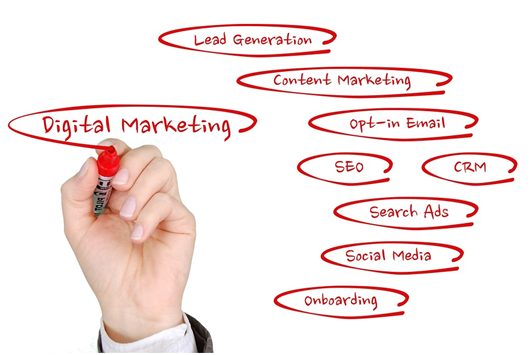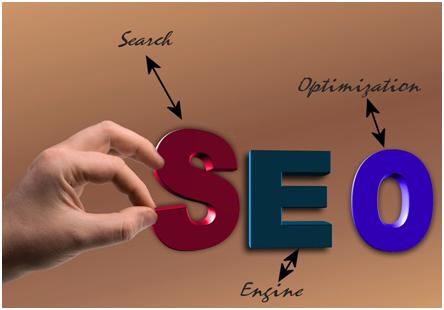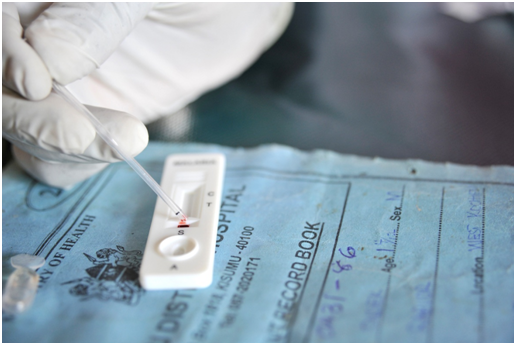Optimising web design for digital marketing and SEO
You could have the world’s most visually appealing website, but if you haven’t also implemented a comprehensive SEO strategy, you’ll struggle to attract the traffic you need to succeed in today’s highly competitive digital landscape.
Web design and search engine optimisation
Web design is primarily concerned with aesthetics, whereas SEO ensures each page within an overall design is primed to secure prominent positions within key search engine results pages (SERPs) for keywords and search terms. Although they may initially appear to be two very different things, the creation of an effective website relies on the successful partnership of design and SEO.
If, for example, your website’s design relies on a series of large-format imagery and your design team fails to properly optimise these images, your website will take longer to load and you might find yourself slipping down the rankings in crucial search engine results pages.
Say hello to responsive design
When selecting a website design company in Gloucester, for example, it’s important to engage the services of a team that specialises in responsive web design, such as the one that can be found here: https://www.net9design.com/. Having a responsive design will ensure your website maintains its functionality across a range of browsers and devices.
Blog your way to SEO success
Maintaining a blog is one of the most effective ways to secure SEO success for your website. Creating a comprehensive content strategy will ensure that your website is consistently updated with new and informative content containing relevant keywords that will help to establish your business as an authority within your niche.
The importance of social shares
As this Forbes article details, creating easily shareable content is one of the most effective ways to boost your domain authority. Incorporating social sharing buttons into your website will encourage your audience to share your content with their wider social circles, increasing your reach and boosting traffic.
Don’t overlook the optimisation potential within your header tags and images
Utilising imagery and header tags within your website’s content is crucial. Header tags, especially those which contain keywords, help search engines to understand the structure and context of your content. Similarly, it is important to ensure that each image has an alt-tag, because these small snippets of information again provide all-important context for search engines, which they will use in the categorisation of your content.









